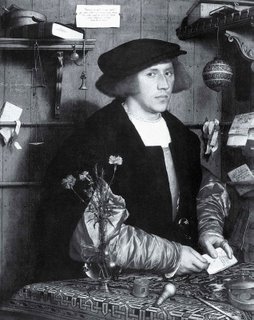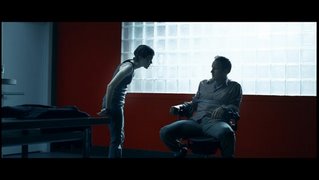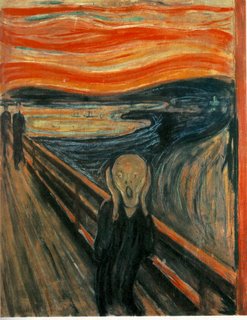Book finds on Wicklow Street

I picked up three deadly second-hand books at the weekend in the Secret Book and Record Store on Wicklow Street. First up was a hardback copy of the second volume of Richard J. Evan's history of the Third Reich, which he is writing as a consequence of his involvement with the Deborah Lipstadt and David Irving libel trial, an experience he describes in Telling Lies about Hitler. I read the first installment last year and look forward to getting stuck into this one even though it weighs in at over seven hundred pages. Next was 'English Culture and the Decline of the Industrial Spirit 1850-1980' by Martin J. Wiener, which argues the disdain writers displayed for commerce in the period mentioned stymied British economic development. Written in the early 80's and clearly influenced by Thatcherism, it is something of a historical curiosity. Finally 'Aspects of the Novel' by EM Forster (pictured above), a collection of lectures the author gave in Cambridge in the late 1920's. The book was the subject of one of the first lectures I went to in Trinity, in which Forster's famous definition of the form as 'a prose fiction of a certain length' was held up as proof that trying to define a 'novel' is a fruitless task. I notice today the London Independent use a quote from the book as its thought for the day: "History develops, art stands still".
Labels: Book finds, Books











